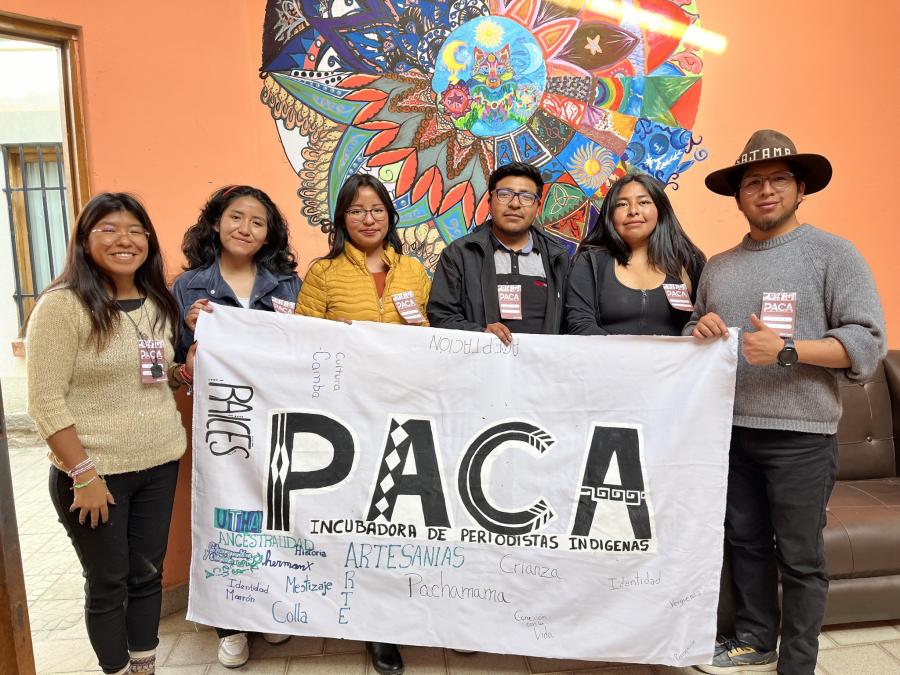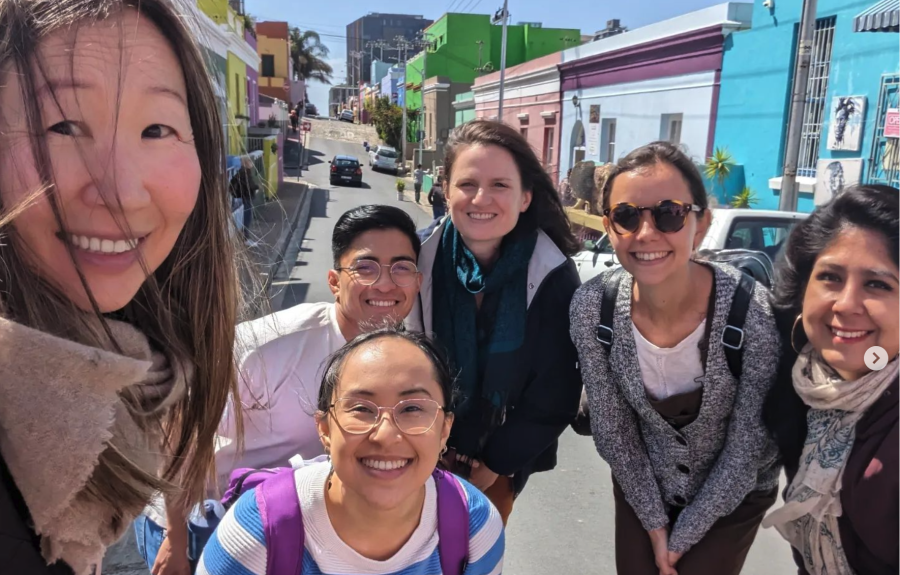Alfonso Ortiz was associated with our organization from its earliest beginnings, 25 years ago. A distinguished Native American anthropologist and activist, he immediately consented to be on our Advisory Board and encouraged us to persevere in our work on behalf of indigenous peoples at a time when many doubted whether small human rights organizations could make much of a difference. Over the years we came to rely on his wise counsel, which he freely gave to us even as he himself was more and more pressured by the many demands put upon him as a result of his own prominence. We very much wished to have him on our Board of Directors, not merely as an advisor to it, but for some years he felt that he could not undertake the responsibility, since he lived so far away from Cambridge and had so many other calls on his time. He finally agreed to join the Board of Cultural Survival at the end of 1996, and we invited him in that capacity to write the lead article in this, the first of our 25th Anniversary issues of the Quarterly. He died before the article could be written, so it is with sadness, but also with pride, that we publish this appreciation of him in the place of his own reflections on the growth of the indigenous movement in the last quarter of a century.
Alfonso Ortiz devoted his life to the indigenous cause. He was a fine scholar who earned a doctorate in anthropology from the University of Chicago and taught for seven years at Princeton before returning home to the University of New Mexico, where he was still teaching at the time of his untimely death from heart failure at the early age of 57. His best known book The Tewa World upset some of his own people, who ostracized him for a time because they felt that he had betrayed their religious secrets. Alfonso was distressed by their reaction and maintained that he had not revealed important secrets and that much of his material had already been published in bits and pieces in anthropological journals. What he did was present a coherent account that called attention to the intricate beauty of Pueblo Indian thought. He did this in a spirit of reverence as well as of analysis, though the analysis was not wanting, and it is this reverence that strikes readers today as they learn about the Tewa view of the world from his writings.
It came quite naturally to him to be both a scholar and an activist. As a scholar he strove to understand indigenous peoples and present their lives and their ideas in their full richness in order to reinvest them with the dignity that had, in the past, too often been denied them. As an activist he worked tirelessly for indigenous rights through the Association on American Indian Affairs, of which he became the president; but his prominence was due to more than his scholarly brilliance and his political savvy. Alfonso Ortiz was a remarkable person. He was warm and humorous, something of a trickster, as so many of the tributes to him have pointed out, yet deeply serious. It was these human qualities that made him such an admirable figure and one so sought after. He served on the governing boards of the Ford Foundation, the Guggenheim Foundation, and the Newberry Library as well as Cultural Survival's; nobody was surprised when he was awarded a MacArthur Foundation Fellowship.
Alfonso Ortiz leaves behind a rich legacy of achievement in the service of the Indian cause. As a young professor from Princeton he was able to mediate with calming effect in the bitter standoff at Wounded Knee. Later he was instrumental in securing rights to land and sacred sites for Indian peoples in various parts of the west and also in helping to craft and pass the American Indian Child Welfare Act which has had enormously beneficial effects throughout Indian country. Yet it is not alone for such achievements that he will be remembered, but rather for the example he set for Indians and non-Indians alike. Alfonso Ortiz fought for his people with heart and mind but at the same time he respected others. His life showed that empathy and tolerance are not impractical virtues but the best hope for our nation. It is a tragedy that that life was so prematurely cut short.
Article copyright Cultural Survival, Inc.


